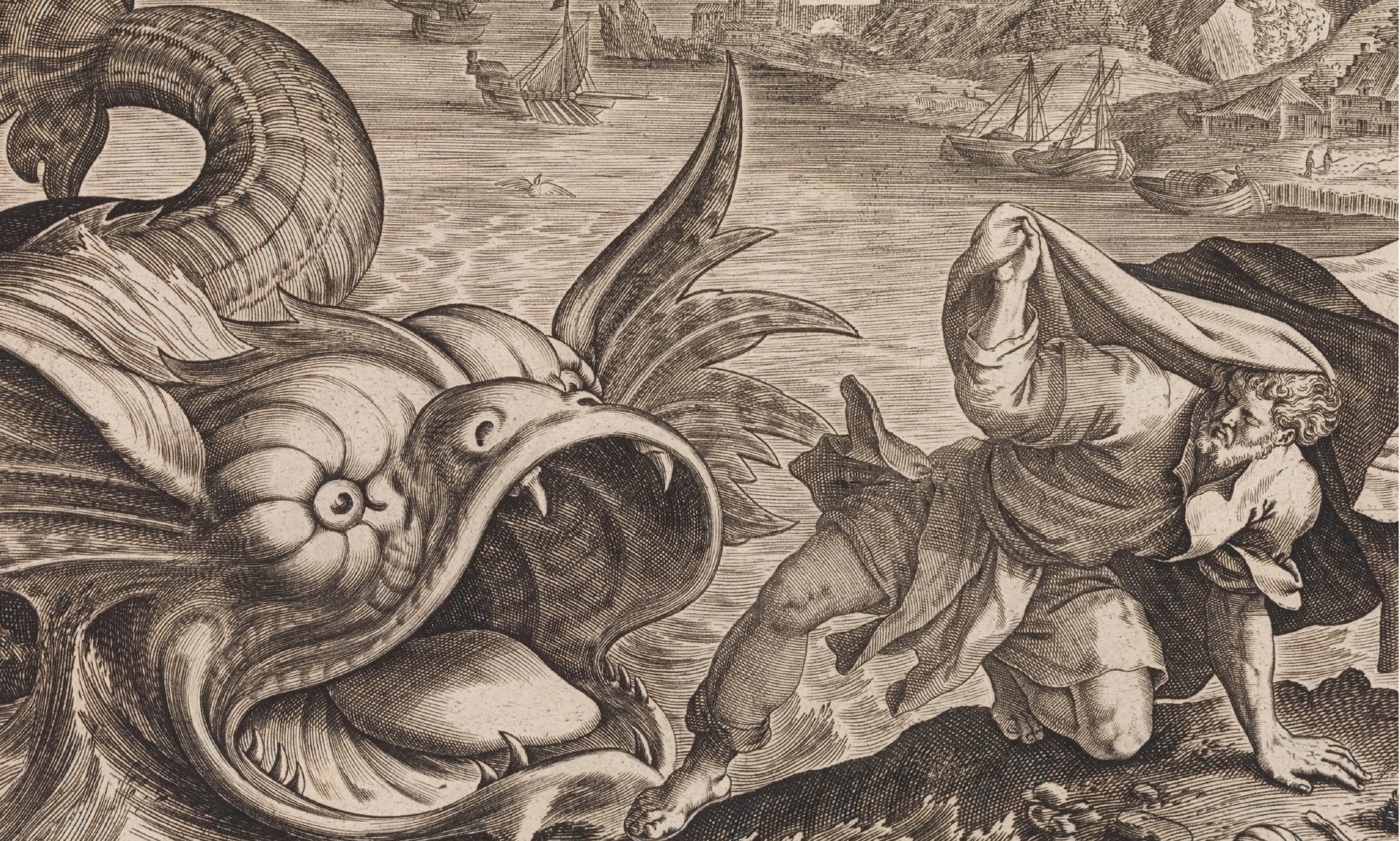 In February 1991 Dutch author Connie Palmen is interviewed by the well-known talk show host and journalist Ischa Meijer. It is a meeting that changes the course of their lives, and what ensues is a relationship that is not easily matched for intensity. In this stunning and admirably honest autobiographical work Palmen reflects on their love and brokenness. And she gives us insights into the working habits and practices of two writers, whose approaches to their work couldn’t have been more different but who nonetheless profited immensely from what was an intensely symbiotic relationship.
In February 1991 Dutch author Connie Palmen is interviewed by the well-known talk show host and journalist Ischa Meijer. It is a meeting that changes the course of their lives, and what ensues is a relationship that is not easily matched for intensity. In this stunning and admirably honest autobiographical work Palmen reflects on their love and brokenness. And she gives us insights into the working habits and practices of two writers, whose approaches to their work couldn’t have been more different but who nonetheless profited immensely from what was an intensely symbiotic relationship.
This is also a book about travel, especially in North America, which Palmen and Meijer both adored, and it is a heart-rending and very honest account of loss and grief, because in 1995 Meijer dies from a sudden heart attack. Palmen devotes only the last forty pages to her struggle to come to terms with her loss and grief, but these are poignant pages indeed. My quotes from Palmen’s reflections come from this final part of her book:
Und inmitten dieses lautlosen Tumults lernte ich meinen Gott kennen, der in mir geboren wurde und der, so versicherte Er mir selbst, schon immer dagewesen war. Er verband mich mit allen Zeiten und allen Menschen, tot oder lebendig.
(And in the midst of this soundless tumult I got to know my God, who was born within me and who, so he ensured me himself, had always been there. He connected me with all times and all people, dead or alive.)
Sucht ist eine Freundschaft ohne Freund. Du suchst, was in unmittelbarer Nähe und greifbar ist. Eine Zigarette ist ein Halt, ein Halt, der verbrennt. Der größte Vorzug einer Schachtel Marlboro ist, daß sie dich nicht betrügen kann, dich nicht verlassen kann, daß sie niemals aufhören wird, dich zu lieben, und natürlich, daß sie nicht sterben kann. Das ist die Essenz einer Sucht, glaube ich. Du umgehst die Risiken, die du bei einer Liebe oder Freundschaft notgedrungen eingehst, weil du sonst keine Liebe und keine Freundschaft hättest.
(Addiction is a friendship without a friend. You search for something that is close and tangible. A cigarette is a foothold, a foothold that is consumed by fire. The biggest advantage of a box of Marlboro is that it cannot betray you, cannot leave you, that it will never stop loving you and, of course, that it cannot die. That is the essence of an addiction, I believe. You avoid the risks that you inevitably run in the case of love or friendship, because otherwise you wouldn’t have love or friendship.)
Ich mache die Trauer zur Vollzeitbeschäftigung.
(I am turning grief into a full-time occupation.)
Ich denke wie verrückt, aber es nützt mir nichts.
(I am thinking like mad, but it is to no avail.)
Gutes, Amüsantes und Schönes läßt mich leiden, weil ich es allein sehen muß, es nicht mit ihm teilen und dadurch verdoppeln kann, weil er nicht mehr genießen kann, was ich genieße.
(Good, amusing and beautiful things make me suffer, because I have to see them on my own, can’t share them with him, thus redoubling them, because he can’t enjoy anymore what I am enjoying.)

